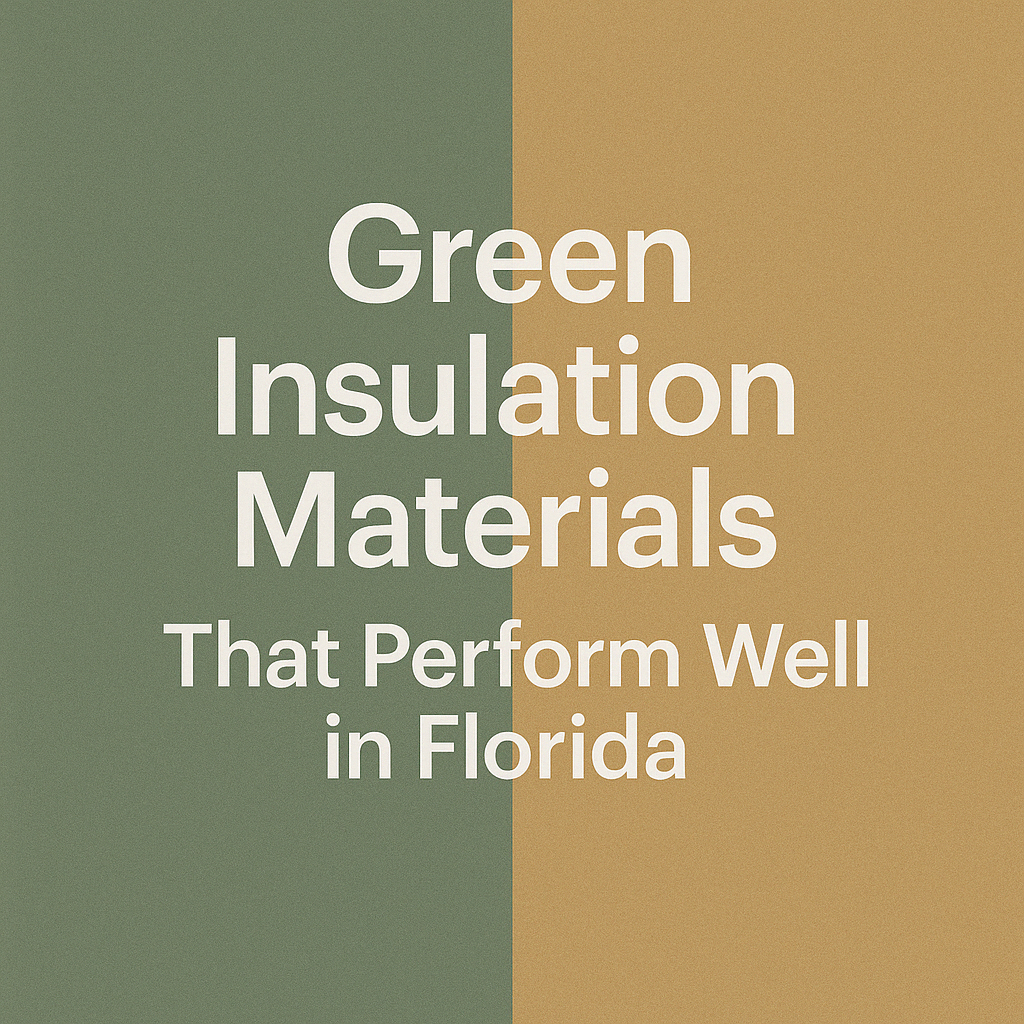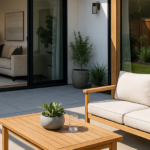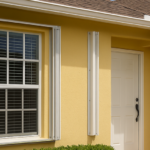Green Insulation Materials That Perform Well in Florida
Introduction
Insulation isn’t just about keeping your home warm in the winter. In South Florida, it’s a key defense against intense heat, humidity, and soaring energy bills. If you’re remodeling or building in Plantation, FL, choosing the right insulation means finding a material that keeps you cool, resists moisture, and reduces your environmental footprint.
At Fresh Remodel, we prioritize sustainable materials that perform under pressure—because in Florida, insulation needs to do more than regulate temperature. It needs to fight mold, block radiant heat, and hold strong in storm conditions. Here are the best green insulation materials that meet the moment—and the climate.
1. Cellulose Insulation: Recycled and Reliable
Made from recycled paper products treated with natural fire and pest repellents, cellulose insulation is one of the most eco-friendly options available. It has a low embodied energy, diverts waste from landfills, and delivers excellent performance in wall cavities and attic spaces.
In humid Florida conditions, cellulose performs best when installed with dense packing, which limits airflow and reduces the potential for moisture buildup. It also works well for retrofits in older Plantation homes that need an insulation upgrade without a full gut renovation.
2. Cotton (Denim) Insulation: Soft, Safe, and Sustainable
Yes, denim can insulate your home—and it does so surprisingly well. Cotton batt insulation, made from recycled denim scraps, is non-toxic, easy to handle, and free from formaldehyde and harmful chemicals. It’s breathable, mold-resistant when properly installed, and has a respectable R-value.
Cotton insulation is a great fit for bedrooms, home offices, and nurseries, offering sound absorption and thermal protection with a lower environmental impact. Just make sure it’s used with a proper vapor barrier in Florida homes to limit humidity issues.
3. Spray Foam with Bio-Based Components
While traditional spray foam is often criticized for its petroleum base, newer formulations are changing the game. Bio-based spray foam—made partially from soy or castor oil—offers the same air-sealing performance as conventional foam but with reduced chemical content.
It expands to fill every gap, making it ideal for tight Florida envelopes where air and moisture infiltration are major concerns. We use it in Plantation homes that need maximum efficiency and storm-season durability—especially in attics, crawlspaces, and exterior walls.
4. Mineral Wool (Rock Wool): Fire-Resistant and Mold-Proof
Made from natural rock and slag, mineral wool insulation is naturally fire-resistant, water-repellent, and mold-resistant—all major advantages in Florida’s hot, humid climate. It also has excellent soundproofing qualities, making it ideal for multi-story homes, media rooms, and home offices.
While not biodegradable, mineral wool is recyclable and requires less energy to produce than fiberglass. Its moisture resistance and durability make it one of the best long-term performers in tropical and coastal environments like Plantation.
5. Cork Insulation: Renewable and Naturally Resilient
Harvested without harming the tree, cork insulation is a renewable, carbon-negative product that offers natural resistance to pests, mold, and water damage. Though less common in Florida homes, it’s an emerging choice for eco-forward remodels.
Cork is especially valuable in interior wall applications, offering thermal and acoustic insulation while contributing to a healthier indoor environment. It pairs beautifully with natural materials like wood and stone and can be combined with other systems for a whole-home insulation strategy.
6. Sheep’s Wool Insulation: Natural Climate Regulator
Believe it or not, sheep’s wool makes an exceptional insulation material. It regulates humidity naturally—absorbing and releasing moisture without losing its insulating properties. It’s also flame-resistant, biodegradable, and non-toxic.
In the humid conditions of Plantation, sheep’s wool can help stabilize interior moisture levels, improving comfort and reducing the risk of mold growth. It’s an especially attractive option for sustainable homes focused on wellness and air quality.
What to Avoid in Florida’s Climate
While some conventional insulation materials perform adequately, we often steer clients away from standard fiberglass batts in humid climates. Fiberglass can absorb moisture over time, reducing its effectiveness and inviting mold. If used, it must be carefully sealed and ventilated.
We also avoid plastic vapor barriers without proper airflow, which can trap moisture and cause problems behind your walls.
Conclusion & Call to Action
The best insulation for your Florida home should do more than just lower your electric bill—it should protect your indoor air, resist mold, and support your sustainability goals. Whether you’re remodeling a room or upgrading your whole-home envelope, choosing green insulation helps create a home that’s healthier, smarter, and better prepared for the Florida lifestyle.
At Fresh Remodel, we help Plantation homeowners select the right materials for both performance and peace of mind. Our approach combines energy efficiency, climate resilience, and environmental responsibility—so you can live cooler, cleaner, and more comfortably every day.
Located in: Plantation Promenade
Address: 10089 Cleary Blvd, Plantation, FL 33324
Phone: (954) 933-4510
👉 Ready to insulate smarter? Contact Fresh Remodel today for a free consultation and discover how green insulation can transform your Florida home.











Leave a Reply